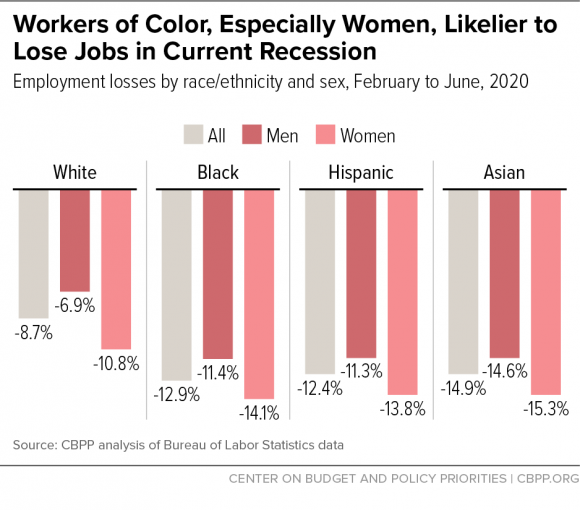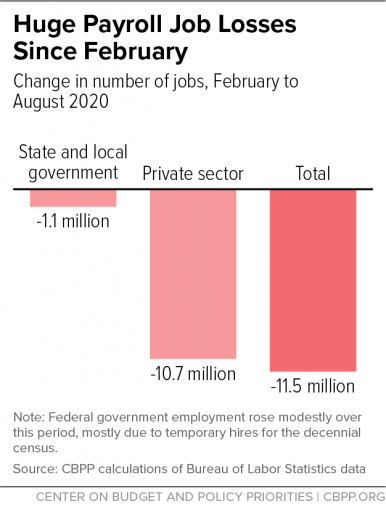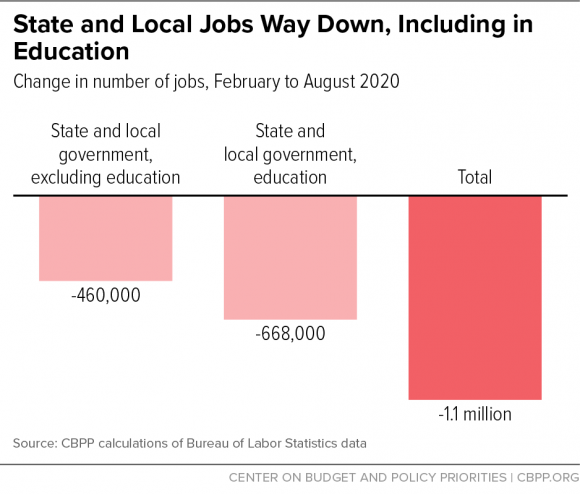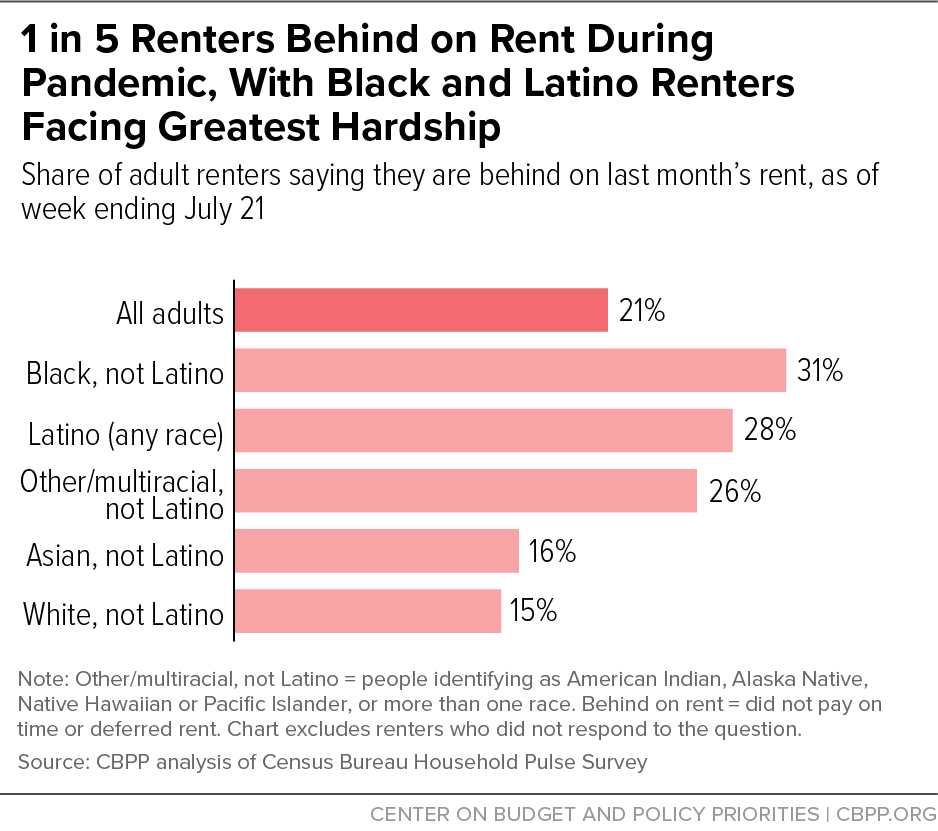Policymakers must maintain robust, expanded #unemployment assistance until the economy has recovered substantially from the current recession.
Here's a quick thread why they need to #ExtendUI
cbpp.org/research/econo…


Here's a quick thread why they need to #ExtendUI
cbpp.org/research/econo…



Extending & expanding #unemployment would relieve hardship that falls disproportionately on workers of color, reduce racial & ethnic disparities in unemployment & other labor market outcomes, & speed the economic recovery. #ExtendUI #FundtheFrontLines
cbpp.org/research/econo…

cbpp.org/research/econo…


Policymakers must ensure that the recovery from the #COVID19 recession is robust & broad based to prevent a devastating setback to the employment gains Black & Hispanic workers made in the low-unemployment years of the 2009-20 expansion. #ExtendUI 



But it's not just the amount of money that matters: It's how many weeks #unemployment is available for.
Without an extension, it's not enough to protect many from running out of benefits while unemployment remains very high and jobs scarce. #ExtendUI
cbpp.org/research/econo…
Without an extension, it's not enough to protect many from running out of benefits while unemployment remains very high and jobs scarce. #ExtendUI
cbpp.org/research/econo…
If Congress fails to provide additional weeks of #unemployment benefits, a growing number of workers — which likely will reach into the **millions** by early next year — will exhaust their benefits & be left with no basic income support to replace their lost wages. #ExtendUI
Because job losses have been largest among workers in low-paid industries — in which Black, Latino, & immigrant workers are overrepresented — workers of color are more likely than white workers to be unemployed longer & therefore to run out of #unemployment benefits. #ExtendUI 



Policymakers need to extend & expand #unemployment insurance benefits in the next #COVIDRelief package & soon. Millions depend on it. #ExtendUI #FundTheFrontLines 



• • •
Missing some Tweet in this thread? You can try to
force a refresh












